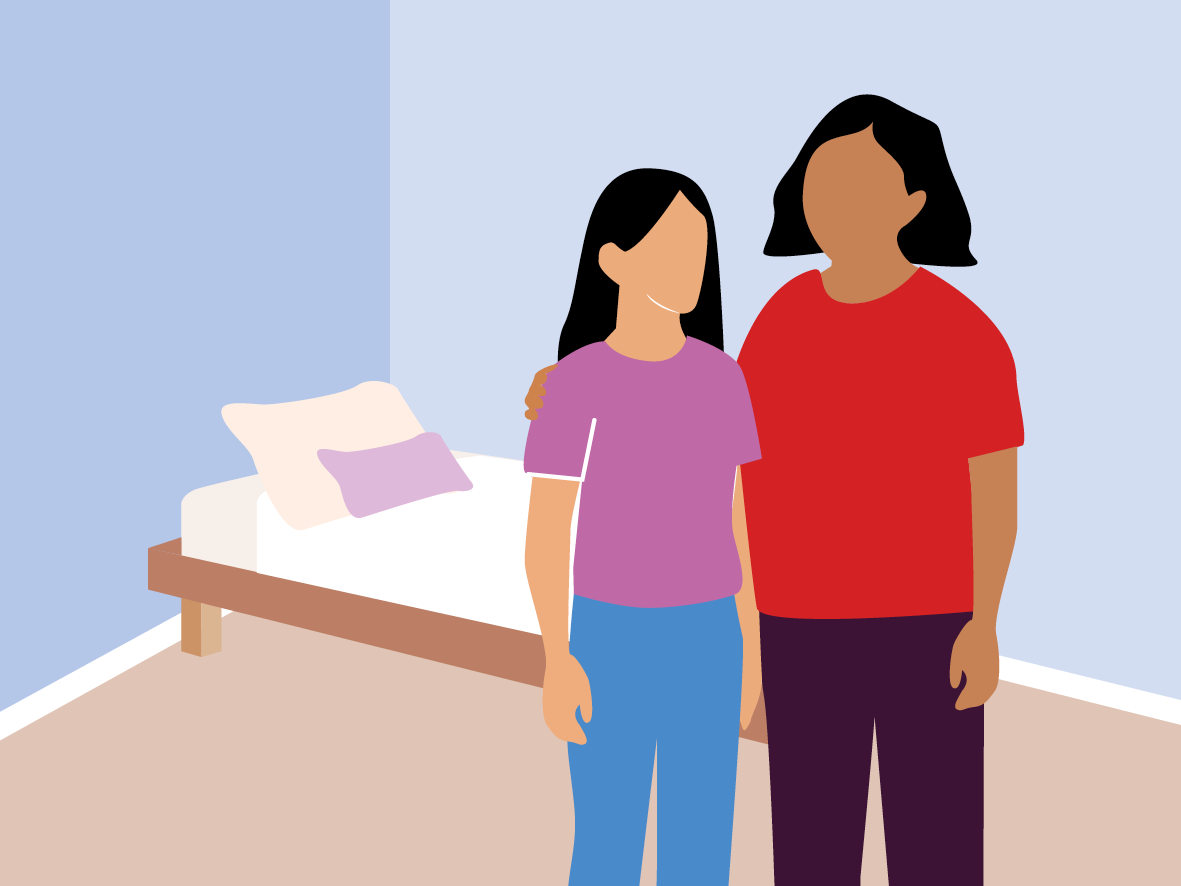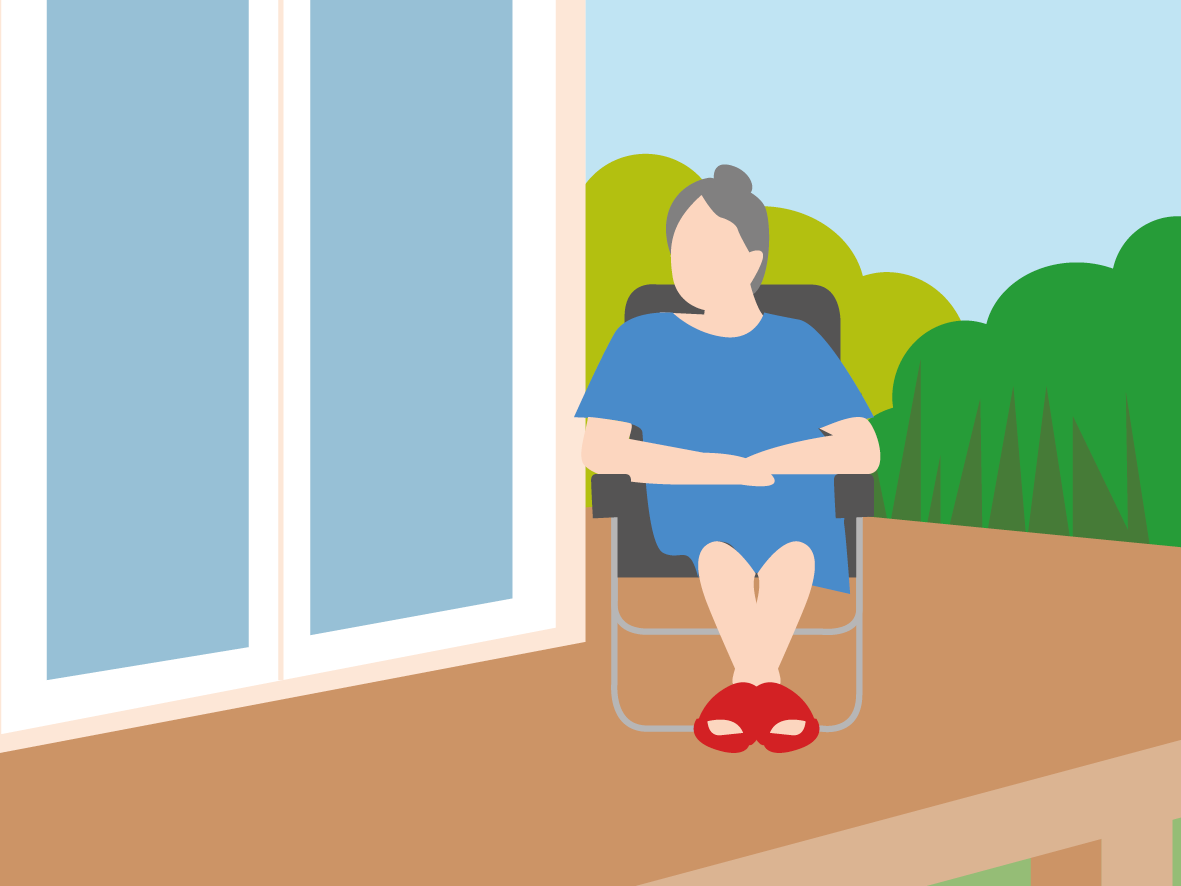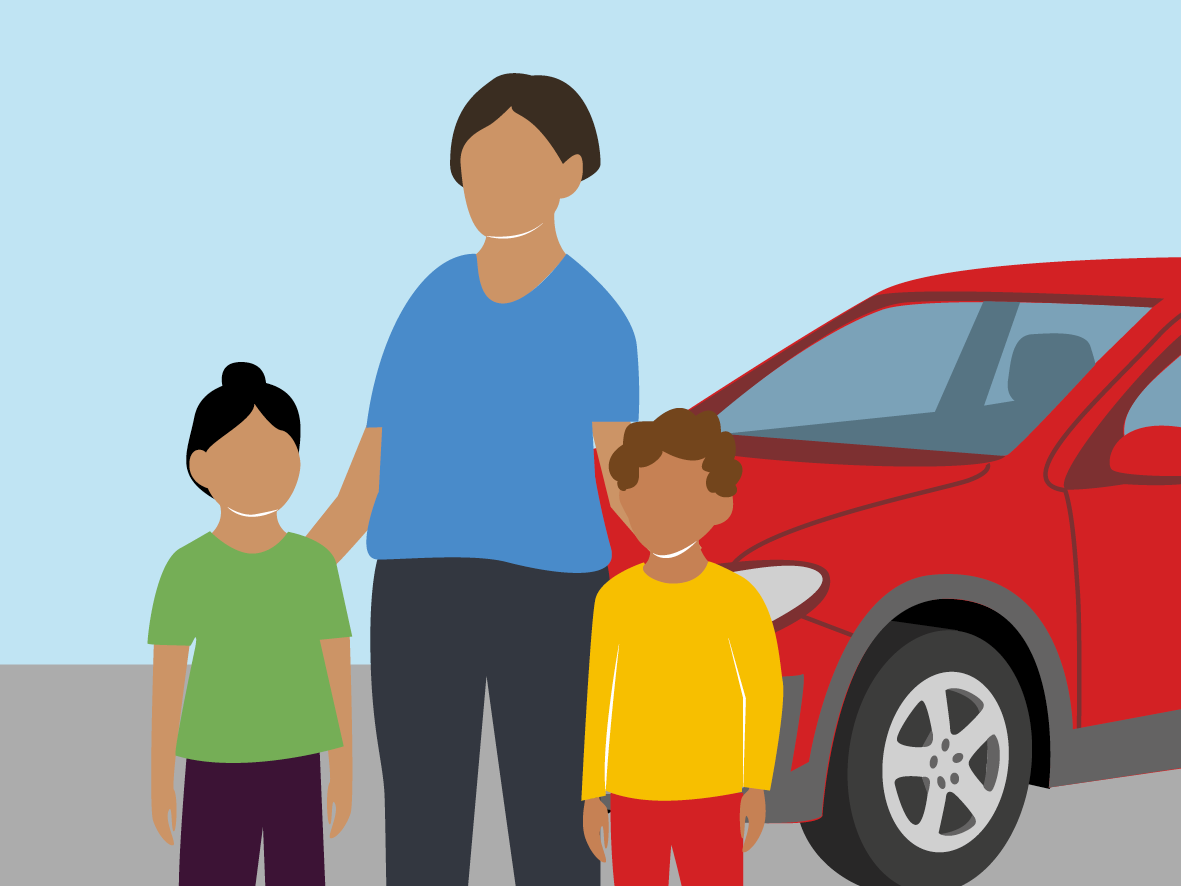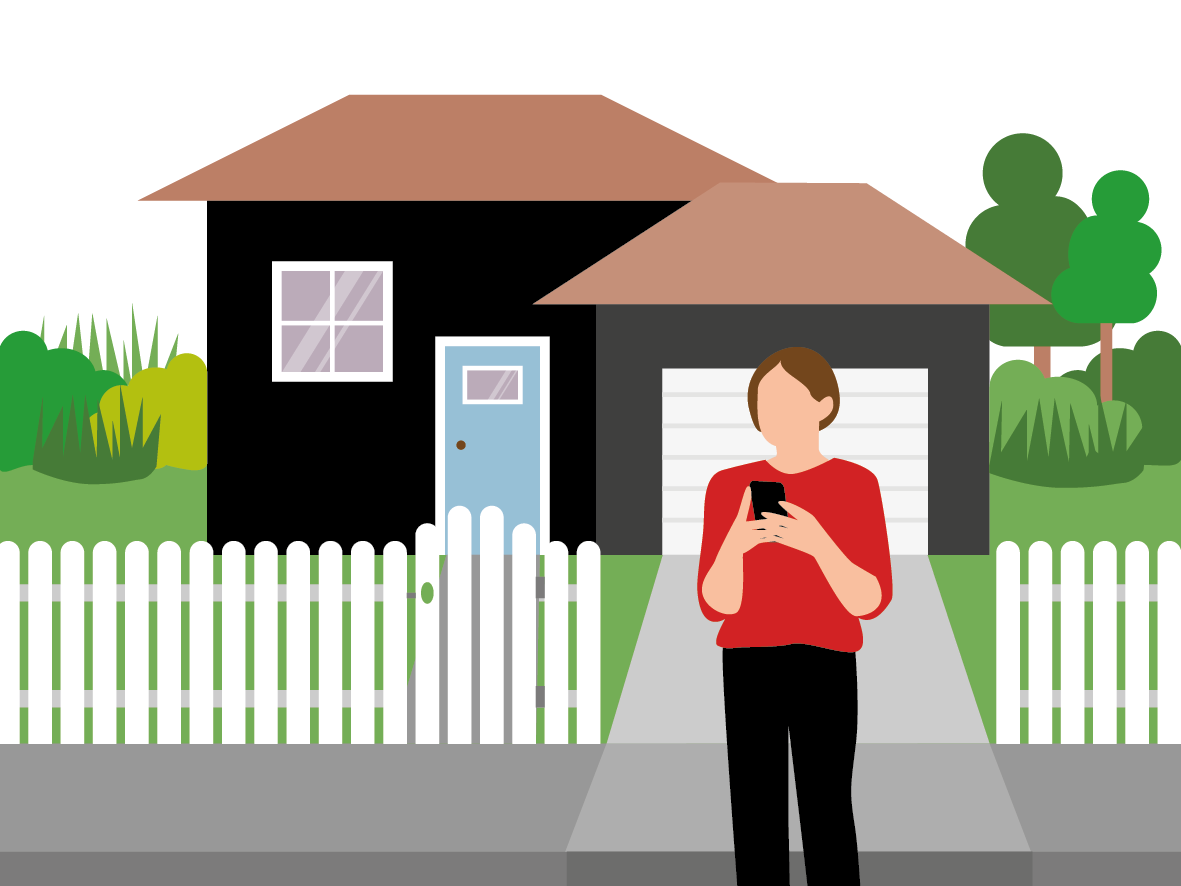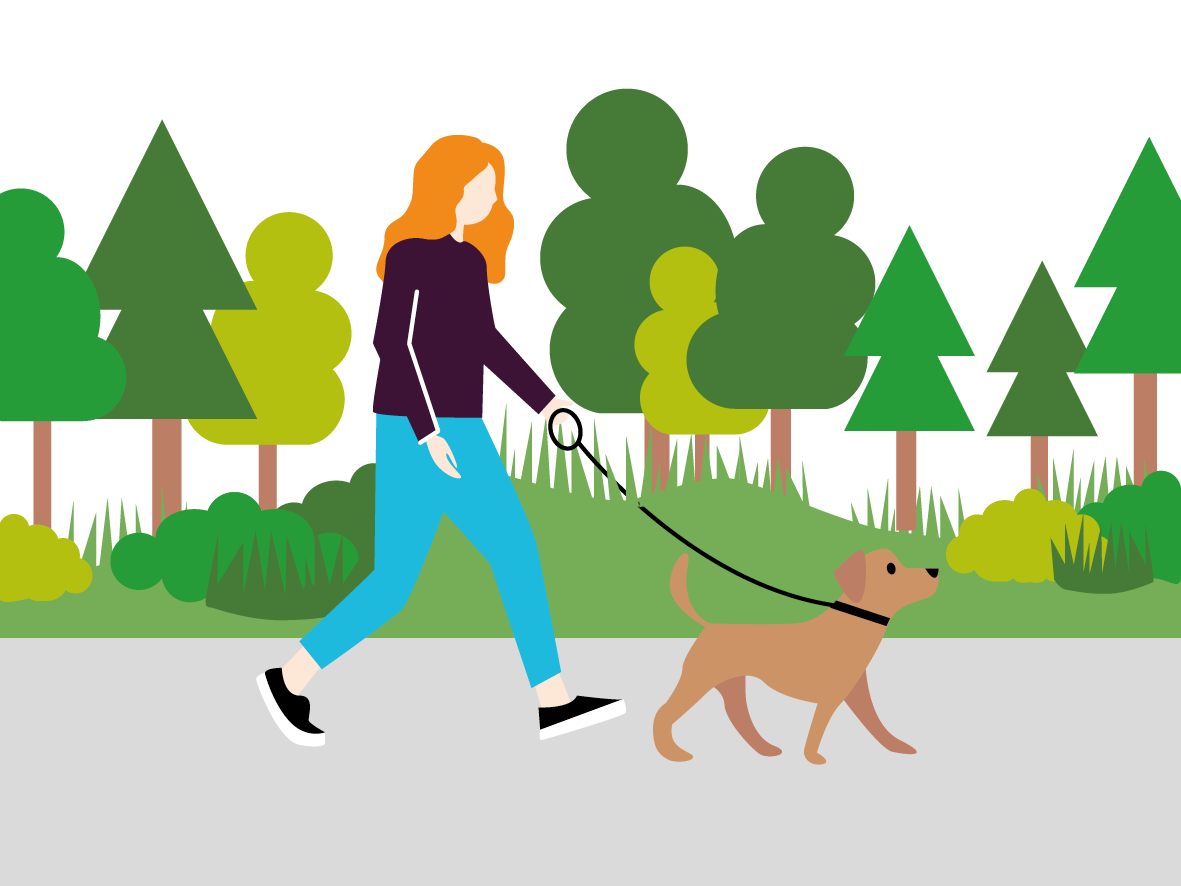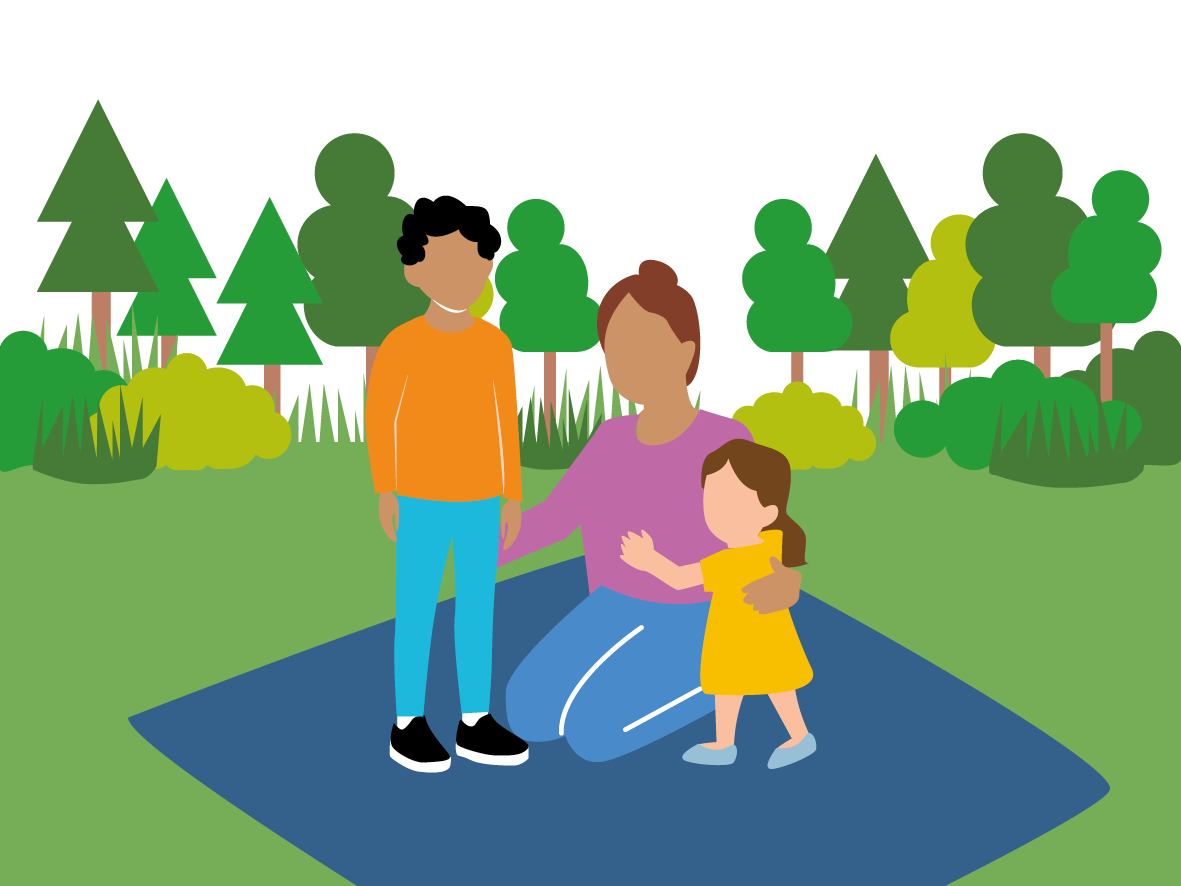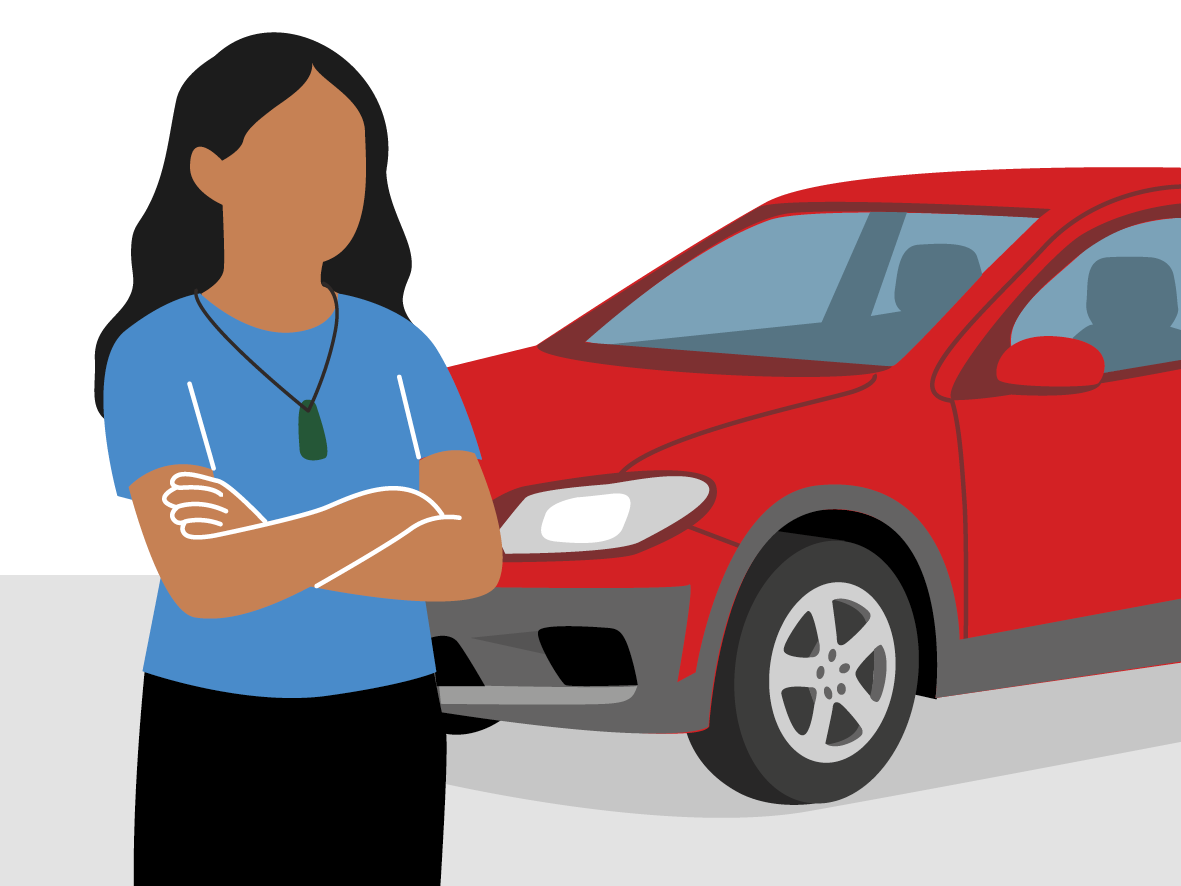Katy rebuilds her life and a safe home for her daughter
I was married for three years. When the relationship began, I had inherited $100K from my mother — money I had no idea would disappear so quickly. My husband wasn’t a New Zealander at the time we met, and I helped him get his residency.

This is Katy’s story, edited to keep her safe and help you read. Names have been changed.
I worked as a personal trainer, and many of my clients paid in cash. Throughout our relationship, money would go missing from my purse. He also used my credit card to buy things for himself without my knowledge and regularly sent money overseas for his first child.
When things weren’t going well for him, he would give me the silent treatment, start screaming or smashing things. Sometimes I had to leave the house with our daughter because it got too much. Over time, the abuse escalated to threats and physical harm.
“Around two years ago, he decided to purchase a brand-new car and arranged an $80,000 loan through UDC Finance. What I didn’t know then was that he had taken out the entire loan in my name, without my knowledge or consent. He used my passport ID and even forged my signature. All the paperwork went to his email, so I didn’t know anything about it until much later.”
The repayments were extremely high, and we struggled to pay them. We had a joint account for household bills, but he would limit how much he put in. I ended up covering most of the rent, food, and our daughter’s daycare fees with my money. Things became harder and harder; eventually, he stopped paying the car loan altogether.
“One day, he told me to call UDC Finance and ask them to reduce the payments. I said I couldn’t because the loan was in his name — and that’s when he admitted it actually was in my name, as he had bad credit. I was shocked and devastated. When I asked him to fix it and remove my name, he constantly refused. Not long after, our relationship finally broke down.“
The day he left, I went to buy a $7 pizza for my daughter and me. My card declined. The man behind the counter quietly handed it to me and said, “Come back and pay when you can.” That same day, my ex drained the remaining money from our joint account.
About a month later, he returned and assaulted me. I was left bruised, terrified, and genuinely unsure if I would survive that night. It was one of the darkest moments of my life.
I was supported by Shine and the Police. I got a Protection Order, and the Police installed a Police Safety Alarm at my home.
While trying to recover emotionally and rebuild life as a single mum, I also had to deal with the financial damage he caused. UDC Finance advised that the loan was legally in my name and that if I wanted to keep the car, I would have to take responsibility for it – but he had the car, and I was scared of what he might do if payments weren’t made. He left me with debt, and I was struggling to afford food and basic living costs for myself and my daughter.
That’s when I found Good Shepherd and spoke with Vanessa. From our first conversation, she was kind, understanding, and genuinely wanted to help.
“She contacted UDC Finance on my behalf and managed to have the loan completely removed from my name. She also supported me with emergency funds for food when the final car payment came out of my account by mistake, leaving me with no money at all for groceries.”
Thanks to Vanessa and to Good Shepherd, that heavy debt and the constant anxiety finally lifted. I can now focus on rebuilding my life and creating a safe, stable home for my daughter.
I will always be deeply grateful for their support and compassion. Without them, I would still be trapped under that loan and the stress it created.
“Thanks to Vanessa and to Good Shepherd, that heavy debt and the constant anxiety finally lifted. I can now focus on rebuilding my life and creating a safe, stable home for my daughter.”

